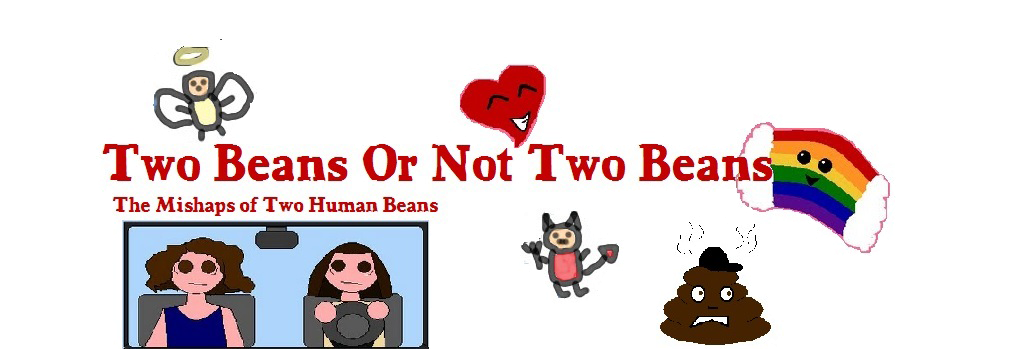A fair warning: today's post features some rather colorful language. Read at your own risk.
Back when I was a middle school and high school student, I often heard my fellow classmates complain about how utterly pointless it was to even bother learning a foreign language and that the subject's sole purpose for existence was to give employment options to the optimistically deluded individuals known as "teachers." I was quick to point out to my classmates that their reasoning was unjust and simply not true. Taking a foreign language class surely had other virtues.
"Oh, you're right, Barbara. It isn't just about giving jobs to teachers; it's also about fulfilling the foreign language requirement to get a high school diploma. All this work for a damn piece of paper..."
"No, no, no! Guys, learning another language is great!" I expounded to these misguided teenagers. "You get to experience and learn about another culture from its grammar and ways of being. Plus, what if you travel abroad? Being able to speak another language other than English might prove to be helpful."
At which point, said classmates would demonstrate their unanimous agreement with my argument by rolling their eyes and yawning in my face. Years later, though, I am indeed very, very happy to have to have stuck by my principle of paying attention in French class because I found myself in the odd position of packing my bags to become an optimistically deluded individual in France.
While learning a language other than the native one you speak can be a fulfilling goal, at times, I think that language acquisition and cultural immersion should come with either a disclaimer, or a cautionary sticker or a warning label directed at those who embark on such an adventure, preferably found as a sign when you cross into another country's border.
The confusions that arise on a day-to-day basis would be enough to drive any expat insane, and this is ever the case regarding conversational exchanges. The expat or foreign speaker will think about what their want or need is in their native tongue, take a moment to translate it in the language-translation area of their brain, let the synapses process the meaning, let said words travel towards the mouth, and then finalize the journey by expressing what was on their mind to the native language interlocutor.
That action alone is a hazard for what is thought in the mind can occasionally be warped: crucial words go missing, grammar tenses and syntax become skewed, syllabic mispronunciations result in incomprehensible misunderstandings.
A recent example happened when some visiting friends of mine and I placed some orders for three coffees in a café only to then change one of the beverages for a bottle of water because my gal pal needed to quench her thirst.
Waitress: "So, do you still want the three coffees?"
Me: "Actually, it'll just be two coffees now and one bottle of water because my friend is in heat."
I had meant to say that my friend was "hot" (elle a chaud) and yet, in the Language Learning Center of my brain, my nearly 10 years of speaking French went out the window when I mistakenly said that she was "en chaleur." I noticed my error instantly and sputtered the correct words, but it was too late. The damage had been done and the waitress was chuckling at my basic A1 level French.
While I was still beating myself up about this incident, I began to wonder: why do these mistakes happen? Or, rather, what causes them to occur?
My theory is this: tiny, hardworking minions who reside in the brain are solely in charge of making sure that messages make it out of my mouth, and these minions, like all living creatures, sometimes make the mistakes which lead to misunderstandings.
I would image that the process of cooperating with minions goes like so. My body is presented with a stimulus and has to have a verbal reaction to it.
(This is an actual song, one which I had caught my students "singing.")
I'm not angry with my brain minion team, but they have instigated some unfortunate incidents during my time in Language Learning Land.
To any expats who may read this: Don't worry or beat yourself up. Whatever throngs you've faced in Language Learning Land, just remember to enjoy the stay.*
*Results and experiences may vary.
Barb the French Bean















































